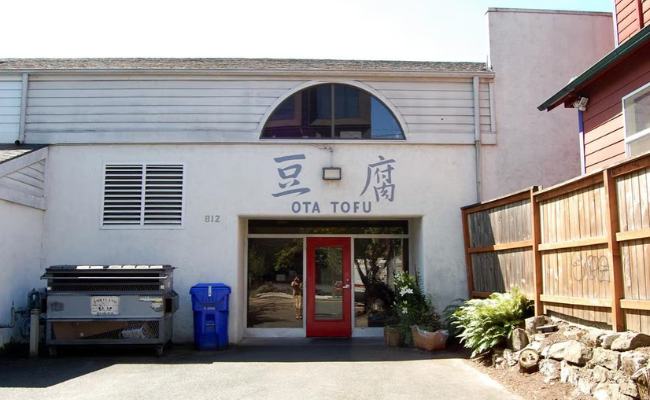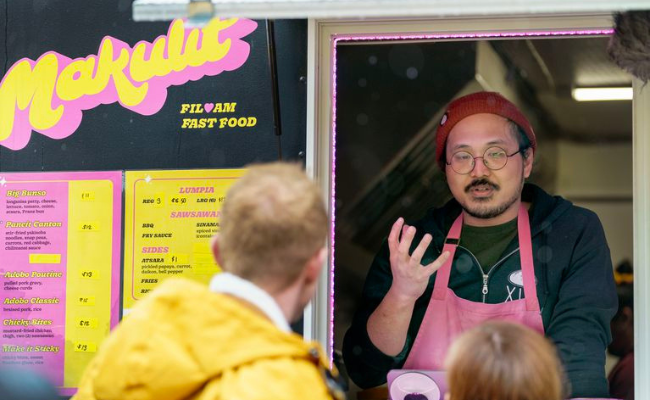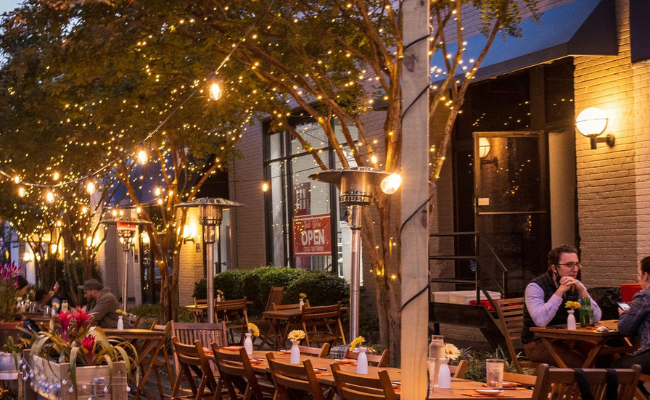Meet Six Asian American Entrepreneurs Redefining the American Palate
Asian American entrepreneurs have significantly impacted the country’s culinary scene. From Japanese sushi bars to Filipino fusion food carts, these entrepreneurs’ influence is undeniable.
However, despite their contributions, Asian American and Pacific Islanders (AAPI) have struggled in recent years, from the disturbing increase in anti-Asian hate and economic woes during the pandemic.
Director of the Asia Pacific Center at the University of Carolina, Los Angeles, Min Zhou, said that AAPis enterprises have “suffered tremendously” under these difficulties.
According to the Washington Post, history also shows that many AAPI individuals chose to embark on the restaurant industry as a safety net from discrimination in other sectors.
University of Michigan professor of marketing Justin T. Huang’s study of pandemic-caused anti-Asian racism showed that revenue for Asian restaurants dropped more than that of other businesses.
Amid these challenges, a new batch of Asian American entrepreneurs is persistent in surviving and succeeding through their unique culinary masterpieces.
Let’s look at the stories of some AAPI-owned businesses surpassing challenges and inspiring their communities.
Ota Tofu: Keeping the Tradition

Photo Credit: slate.com
Jason Ogata has maintained the legacy of Ota Tofu alive in Portland, Oregon. Recognized as the US’ oldest but still active tofu business, the establishment has been running since 1911.
You may also like: Asian Americans want stronger gun laws – survey
Ogata took over the business in 2019 despite being inexperienced in the food industry. Since his management, he has been able to increase sales as Ota Tofu now cooks 3,500 pounds of tofu daily. He dreams of expanding the business outside Portland.
Ki Koko Farms: Refugees Turned Farm Owners
Sisters Pay Lay and Beh Paw Gas from Kansas City, Kansas, made their refugee experience into a success story. After leaving their country Myanmar, they settled in the US and acquired a 2.5-acre farm.
They named their farm Ki Koko Farms. Despite economic challenges and language barriers, the sisters’ hard work resulted in their successful business. Their farm sells Asian and Western vegetables at local farmer’s markets.
Spicez: A Story of Persistence
Originating from Bombay, Rani Soudagar faced several difficulties when she migrated to the US. She struggled financially and was diagnosed with lupus.
However, her persistence led her to establish Spicez. It is a spice shop in Washington DC’s Georgetown community. The shop has been a cultural area offering weekly takeaway food, reiki, and henna art.
Makulít: Showcasing Filipino Resilience

Photo Credit: opb.org
Xrysto Castillo and Mike Bautista have incorporated their strong will and Filipino heritage to venture into the food business.
Located in the Lil’ America food pod in Portland, Oregon, their vibrant food cart, Makulít, combines Filipino and American culinary history.
Bautista says, “We wanted to try to let everything be as loud and as flavorful as it can be because Filipino food is so much about a huge pop of acid, spice, or sweetness.”
They offer a fusion of both worlds in dishes like Big Bunso burgers with achara toppings. It is a pickled salad famous in the Philippines. Makulit also serve mustard-brined Chicky Bites.
Hyundai Korean Restaurant: Food as a Common Language
Lee Shotts migrated to the US from South Korea in 1981. She transformed soldiers’ Korean food craving into a successful restaurant near Fort Leavenworth, Kansas.
She opened her business in 2006. Since then, it has become a community gathering place, proving that food can bring people together.
You may also like: Meals Under 300 Calories: Skinny Meals that Won’t Break Your Diet
Yunnan by Potomac Noodle House: A Personal Journey’s Reflection

Photo Credit: opentable.com
Shao Bruce and his mother, Zongmin Li, entered the restaurant industry in Alexandria, Virginia. Without any background in food, their innovation and determination have brought them success.
Overall, the experiences of these Asian American entrepreneurs highlighta blend of innovation, resilience, and cultural pride. Despite the hurdles, their drive to succeed led them to their current successes.
For more updates on the latest news and interesting articles, stay tuned at Inquirer.net.

